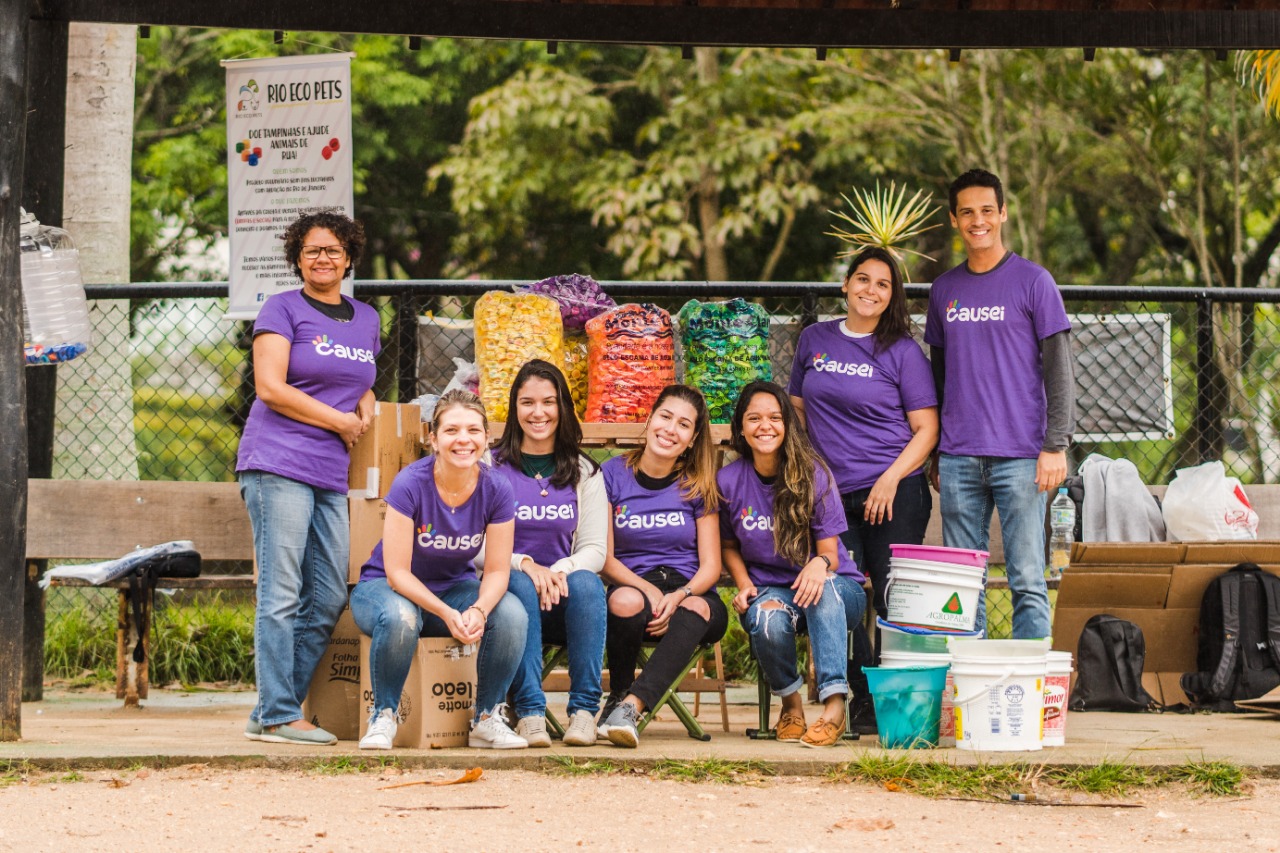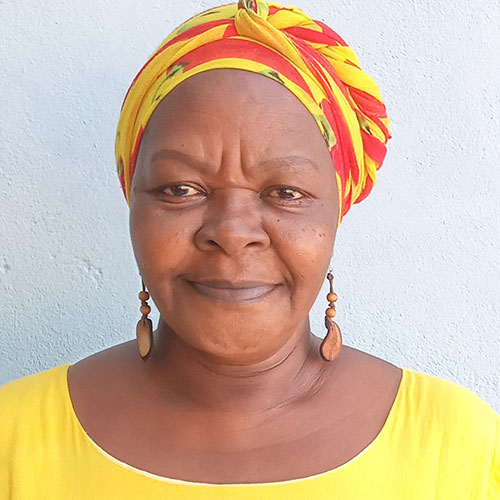Project collects plastic lids to fund castrations of dogs and cats
A project that, by January 2023, has improved the lives of 5,000 animals through support for animal protectors and organizations


Rio Eco Pets was thought by three friends, who understood the needs that the street animal population has, and also saw the opportunity to remove some plastic materials from the Environment and thus united the two causes.
Volunteer since April 2018 in the project, Carolina Barboza, 27, lawyer, in 2022 took over the coordination of the group in Méier, North Zone of Rio. Her friends are Roberta, Andreza and Fernanda Perissé.
Carolina has this work as a passion, because she understands that, through it, she can support causes that are extremely relevant to society; they manage to remove the material from the environment, giving it a correct destination and, at the same time, helping street animals.
“Regardless of whether each volunteer has an occupation within their professions, as a human being, they need to contribute to society. We believe that, through the project, we can do this”, says Carolina Barboza.
Rio Eco Pets has already recycled an average of 500 tons of plastic over the years, has an average of 400 registered protectors and 600 collection points in Rio de Janeiro.
The main objective is to reduce the street animal population by controlling overpopulation through castration. For each castration, an average of 350 kilos of plastic caps is needed.
How it works
You gather a certain amount of material and can deliver it to one of the Voluntary Collection Points spread across several regions of Rio de Janeiro. Who knows if there is one near you?
Carolina Barboza explains that the material collected is sold and the proceeds are passed on to registered protectors and shelters, which meet criteria for receiving. When the money is passed on, it is asked to be used for castration and the costs involved in this practice, so that the project’s objective is achieved, which is to reduce the number of abandoned animals. But if the urgency of the benefited protector or shelter is to buy feed, pay for a veterinary consultation or purchase medicines, it is allowed that these needs are met with this money. One hundred percent of the proceeds go to the cause.
Types of plastics accepted
In addition to PET bottle caps, the project accepts any type of cap, as long as it is plastic such as shampoo caps, any cream, toothpaste, cleaning products in general such as softener and others; margarine caps, chocolate, yeast … in short, any and all plastic caps.
Do you know that Tupperware pot that is already old and you don’t use anymore? It can also be donated to Rio Eco Pets. Another welcome material is the seals of beverage cans.
The project does not receive other types of plastics such as PET bottles and larger packaging because it has no place to store them. It also does not pick up material.
Important information: The kilo of plastic separated by color has more value. When the plastic is recycled by the buyer, if the material is only one color, the color does not change in the end. But when this material is not separated, and several colors are mixed, the result is the color black, which devalues the material. If you can separate the material by color before taking it to the Collection Point, it will be of great help to the project.
Another activity that the project carries out is the joint effort to separate material. Carolina Barboza has the habit of gathering the volunteers at the home of one of them and, during these meetings, there is usually an exchange of knowledge among the participants and, better, for some it works as occupational therapy.
Carolina Barboza points out that today, the biggest difficulty of the project is getting sponsors. The project supports itself with sales of personalized products at collection points, but donations in kind are welcome, because although the work is voluntary, there are expenses such as gasoline/alcohol, transportation, parking, for example. Another challenge faced is the engagement of volunteers. There are several ways you can help, pre-register here.
Join Rio Ecopet. A way to help animals and at the same time, preserve the environment. Embrace this idea.
To donate
Pix: doacoes@rioecopets.com.br
More information on the project website.



